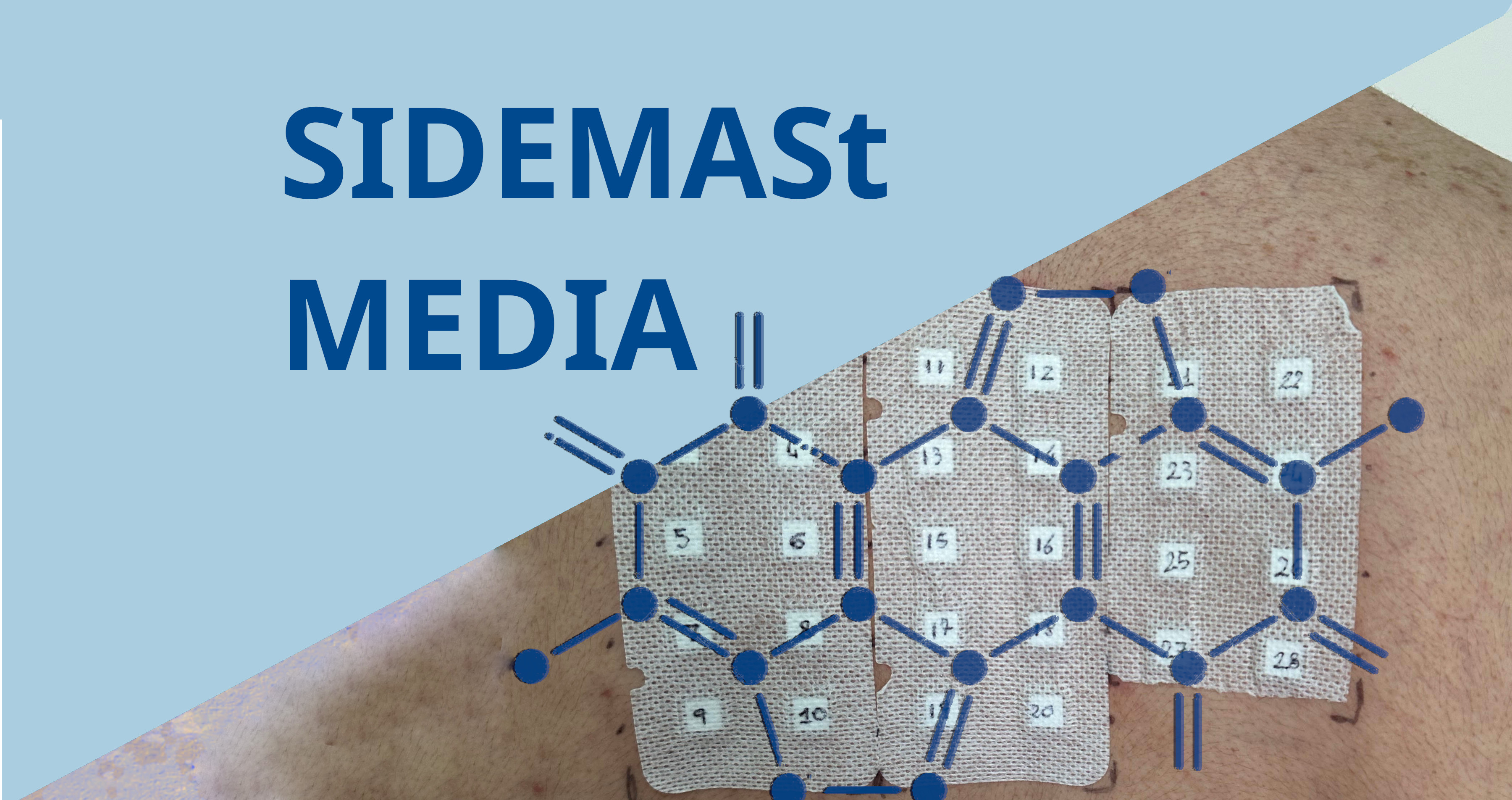Oral apremilast is efficacious in the treatment of psoriatic arthritis, with no adjustment of dose needed to account for body weight or body mass index (BMI), according to pooled results from 3, phase 3 trials presented at the 2014 Annual Scientific Meeting of the American College of Rheumatology/Association of Rheumatology Health Professionals (ACR/ARHP).
Lead investigator Georg Schett, MD, University of Erlangen-Nuremberg, Erlangen, Germany and colleagues analysed data from the Psoriatic Arthritis Long-term Assessment of Clinical Efficacy (PALACE) 1, 2, and 3 trials to assess the effect of baseline weight and BMI on clinical response to apremilast over 24 weeks. They presented the results here on November 17.
The researchers randomised subjects (1:1:1) to receive twice-daily oral preparations of placebo (n = 496), apremilast 20 mg (n = 500), or apremilast 30 mg (n = 497). Subjects were stratified according to whether or not they had had prior treatment with disease-modifying antirheumatic drugs. Those whose joints had not responded to treatment by week 16 were re-randomised (1:1) to either of the apremilast doses if they were receiving placebo, or were continued on their current apremilast dose. At week 24, any patients still receiving placebo were re-randomised to 1of the 2 doses of apremilast.
The 1,493 patients in the 3 arms were comparable according to demographics, disease characteristics, and prior/concurrent therapy. The mean weight and BMI across the arms was 85.7 ± 20.6 kg and 29.9 ± 6.5 kg/m2, respectively.
The primary endpoint was met in the 3 PALACE trials. A significantly greater proportion of patients receiving 20 mg or 30 mg apremilast responded to treatment as defined using the criteria of the modified American College of Rheumatology 20 scoring system, compared with those receiving placebo.
A heightened response for apremilast was noted in all weight categories (<70, 70 to <85, 85 to <100, and ?100 kg) and BMI categories (<25, 25 to <30, 30 to <35, 35 to <40, and ?40 kg/m2).
Both doses of apremilast were effective, with the higher dose producing the most pronounced benefit. Significant improvements in the Health Assessment Questionnaire-Disability Index (HAQ-DI) score versus placebo were evident at week 16 for the 30-mg dose of apremilast. The lower dose of apremilast also produced improved HAQ-DI scores compared with placebo. Dose-dependent benefits of apremilast noted at week 16 were generally maintained at week 24.
The researchers concluded that the observation of comparable results in patients of differing body weight and BMI indicate that the dose of apremilast does not need to be adjusted to account for baseline body weight or BMI.








